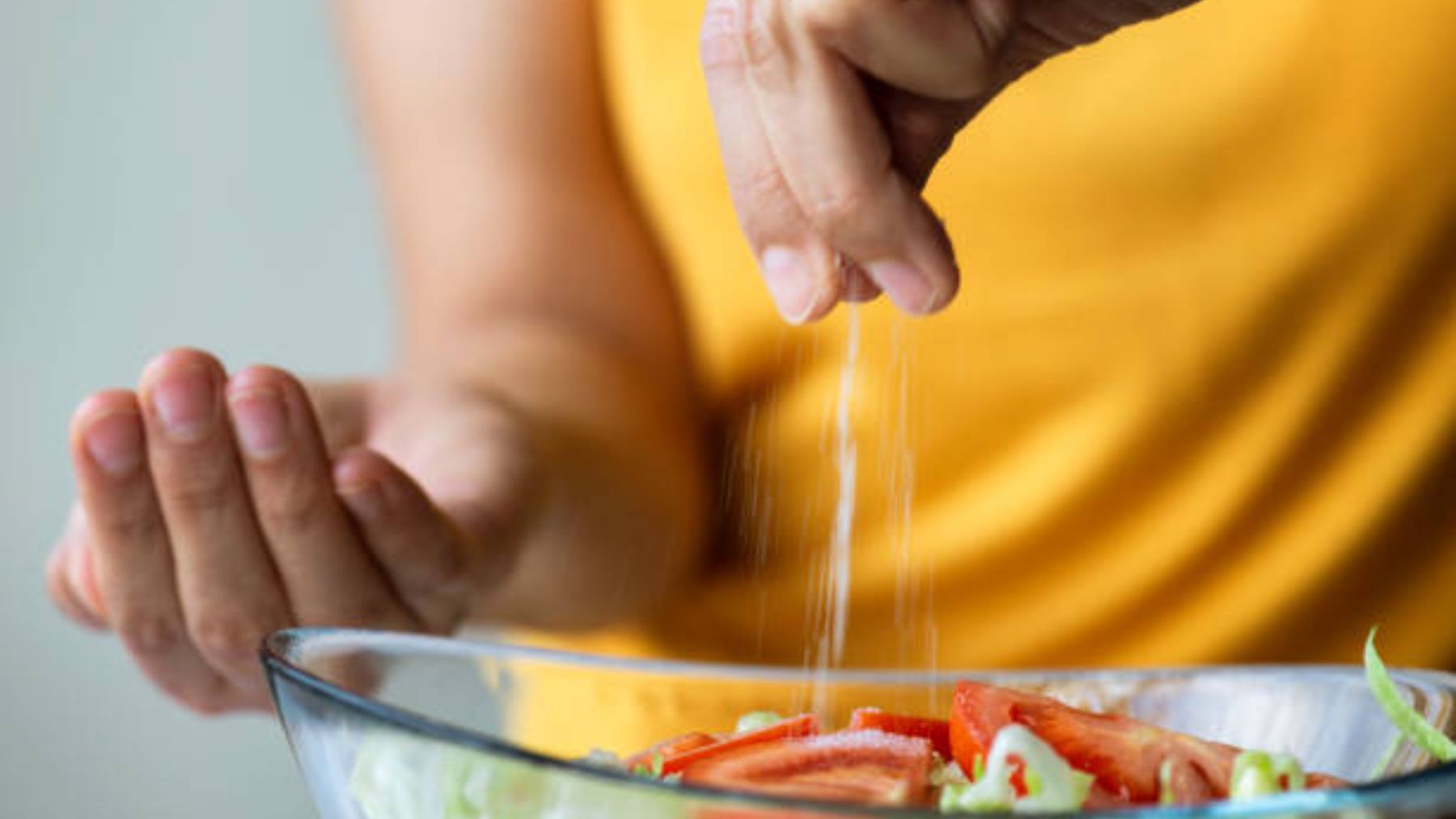All food or all ingredient they already have it flavor, but the truth is that some are more bland than others and after cooking them, the temptation always arises to add salt to give them a little more flavour. However, it is always recommended that we don’t add salt to the food and if you want more flavour, add other seasonings like herbs or spices. aromatic herbs. To strengthen this theory, a new study has now been carried out, which reveals the reason why you shouldn’t add salt to food after cooking it
Why should you not add salt to food?
Shorter life expectancy and increased risk of premature death. These are two contentious reasons to stop adding salt to food and food after it has been cooked. This is what a study prepared by a biomedical database says, UK Biobank a 500,000 British.
The researchers found that always adding salt to food reduces life expectancy by more than two years for men and a year and a half for women. These results do not include seasoning during the cooking process, so the “mistake” is adding salt while the food is cooking.
The study doesn’t rule out other lifestyle factors, but the team says people should take them into account Avoid seasoning food with added salt.
British study on adding salt to food
The findings are based on a study involving more than 500,000 UK Biobank participants. The patients were followed for an average of nine years. When they followed the study between 2006 and 2010, they were asked, via a touchscreen questionnaire, whether they added salt to their diet and how often.
Salt intake is difficult to track accurately because many processed foods contain high levels of salt, and direct measurements via urinalysis are not always indicative.
Around 70% sodium intake in the western population it comes from processed food with 8-20% of added table salt.
Compared to those who never or rarely added salt, those who always seasoned their food had a 28% increased risk of premature death. At the age of 50 years, men and women who always added salt had a shorter life expectancy of 2.3 years and 1.5 years, respectively.
Other factors that may affect the results are consideredsuch as age, gender, ethnicity, body mass index, smoking, alcohol use, physical activity, diet, and medical conditions such as diabetes, cancer, and heart disease.
Of course, it is important to note that salt cannot be completely eliminated from the diet. However, so far, what the evidence of this material shows is that healthy people who consume normal levels of sodium need not worry For your health.
On the contrary, people with medical conditions or those who consume high amounts of salt and processed foods should Pay more attention to your diet.

“Internet trailblazer. Troublemaker. Passionate alcohol lover. Beer advocate. Zombie ninja.”







